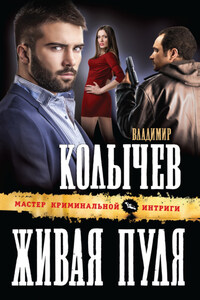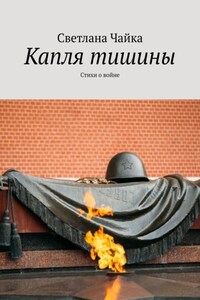CHAPTER I
The Runaway Locomotive
“Stop her. Stop her. She’s running wild!”
The cry ended almost in a shriek that rang high above the murmur of voices at the railroad station.
It was a bright sunny morning early in June. The usual crowd of rustics had gathered at the depot to see the train come in and depart. A few commercial travelers were consulting time tables and attending to the disposition of their baggage. Gay laughter and hasty farewells arose from a bevy of girls and the young men who had assembled to see them off. The conductor, watch in hand, stood ready to give the signal, and the black porters were already gathering up the folding steps preparatory to boarding the train. The bells were ringing and the whistle had given its preliminary toot, when all were startled at the sight of the station agent, who issued wild-eyed from his office and ran on the track, frantically waving his hands and shouting at the top of his voice.
As the startled passengers and trainmen followed the direction of his look, they saw what had occasioned the wild commotion, and, for a moment, their hearts stood still.
A big Mogul engine that had been shunted to a side track was moving down the line, slowly at first but gathering speed with every passing second. Neither engineer nor fireman could be seen in the cab. It was evident that they had left before the power was completely shut off, or that some sudden jar had started the mechanism. Even while the frightened spectators watched as though under a spell, the pace grew swifter. Some of the men lounging about the roundhouse made a hurried rush for it, with a faint hope of getting aboard and shutting off steam. One of these made a desperate grab at the rear end of the tender, but was flung in a ditch alongside the track, where he rolled over and over. It was too late to stop her. Amid a tempest of yells and a tumult of excitement she gathered way and sped down the line.
The station master wrung his hands and tore his hair in desperation. For the moment he was crazed with fright.
A clear eyed young fellow, tall, stalwart, muscular, had been chatting with a party of friends on the road beside the platform. While he talked, his hand rested on the handle-bars of a motorcycle at which he glanced at intervals with a look of pride that was almost affection. It was a superb machine, evidently of the latest type, and in its graceful lines suggested in some vague way a resemblance to its owner. Both looked like thoroughbreds.
At the Babel of cries that rent the air the young motorcyclist looked up and his nostrils dilated with sudden purpose. At a glance he took in the situation – the running men, the panic cries, the runaway engine. Then he came plunging through the crowd and grasped the dazed agent by the shoulder.
“Come, wake up,” he cried. “Do something. Telegraph to the next station.”
The man looked up dully. Terror had benumbed his faculties. He was clearly not the man for a sudden emergency.
“No use,” he moaned. “The next station is thirteen miles away. And it’s a single track,” he wailed, “and No. 56 is due in twenty minutes. If she’s on time she’s already left there. They’ll meet head-on – O God!”
“Quick,” the newcomer commanded, as he fairly dragged him into the office. “There’s the key. Get busy. Call up the next station and see if you can stop 56.”
But as he saw the aimless, paralyzed way in which the agent fumbled at the key, he thrust him aside and took his place. He was an expert telegrapher, and his fingers fairly flew as he called up the operator at Corridon.
“Engine running wild,” he called. “Stop 56 and sidetrack the runaway.”
A moment of breathless suspense and the answer came in sharp, staccato clicks that betrayed the agitation of the man at the other end.
“56 just left. Rounding the curve half a mile away. Making up time, too. For heaven’s sake, do something.”
“Do something.” What bitter irony! What could be done? Death was at the throttle of that mad runaway rushing down the line.
But the young fellow was of the never say die kind, and always at his best when danger threatened. He thought with the rapidity of lightning. Then he clutched the station agent, who sat with his head bowed on his hands, a picture of abject misery.
“Is there a switch between here and Corridon?” he demanded fiercely.
“N-no,” muttered the stupefied man. “That is, there is one at the old stone quarry, but – ”
The remainder of the sentence fell on empty air. Like a flash, the youth who had so cavalierly taken matters in his own hands was out of the room. He ploughed through the huddled group of passengers and trainmen, and flung himself into the saddle of the waiting motorcycle. A roar as he threw in the clutch, a quick scattering of those in front, and the machine, like a living thing, darted down the road that lay beside the track.
The wind sang in his ears and the path fell away behind him as he crouched low over the fork so that his body might offer as little resistance as possible. And, as he rushed along, his active mind was thinking – thinking —













